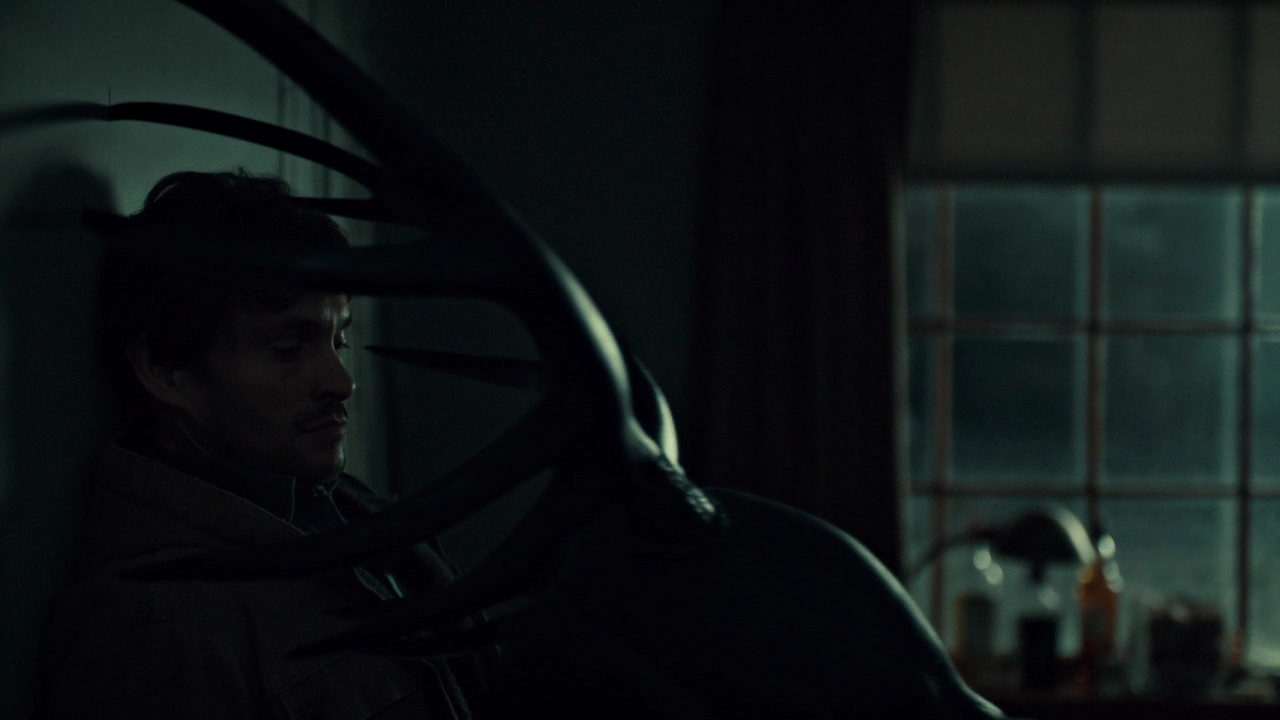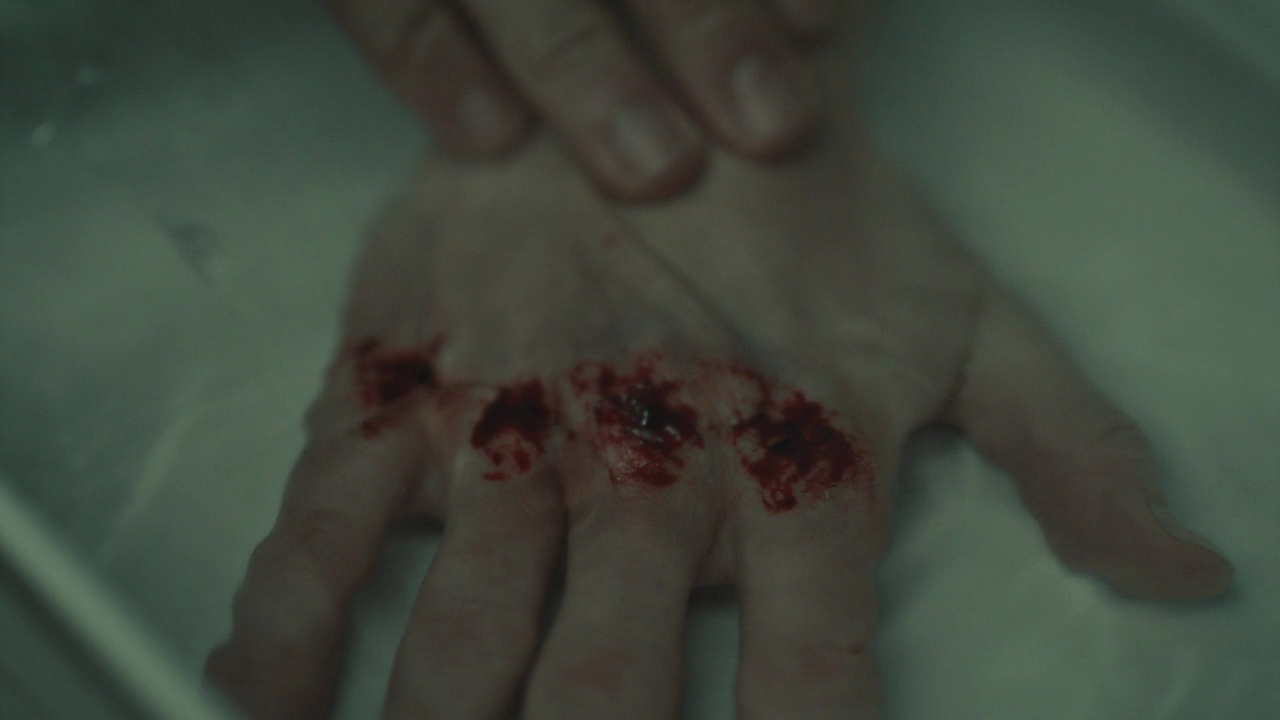About Time Volume 8 Review
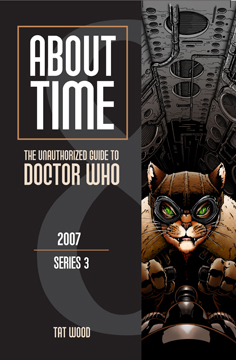 At long last, there’s a new volume of About Time. For those who are unaware, About Time is the gold standard of comprehensive studies of Doctor Who – a towering project whose Alan Moore it has been my pleasure and privilege to serve as Grant Morrison to. This latest volume covers from The Runaway Bride through Voyage of the Damned, with stops off for “Time Crash” and The Infinite Quest. The short form is that it’s another great entry in a great series that’s absolutely worth buying if you’re the sort of person who buys massive and sprawling reference boks on Doctor Who. You can get it on Amazon right here, or on Amazon UK here. I recommend it highly.
At long last, there’s a new volume of About Time. For those who are unaware, About Time is the gold standard of comprehensive studies of Doctor Who – a towering project whose Alan Moore it has been my pleasure and privilege to serve as Grant Morrison to. This latest volume covers from The Runaway Bride through Voyage of the Damned, with stops off for “Time Crash” and The Infinite Quest. The short form is that it’s another great entry in a great series that’s absolutely worth buying if you’re the sort of person who buys massive and sprawling reference boks on Doctor Who. You can get it on Amazon right here, or on Amazon UK here. I recommend it highly.
Now for the meaty bits. I want to start with the kind of obvious red flag the book throws up, which is the fact that the entire book is covering just one year of Doctor Who. For one thing, this incremental progress is frustrating given that the book’s been a long time coming – Volume 7 was four years ago. For another, at 350 pages this means that About Time is spending more time on the Martha Jones era than it did on Hartnell, Troughton, Davison, or indeed Tom Baker, though I think we can all agree that Volume 4 was overly scant. These concerns are not entirely off base, but on the whole the situation is better than it might appear. Given the announcement in the back of the book that Volume 9, rounding out the Davies era, will be out in 2018, it looks like the manuscript just got unruly in size and was split.
The larger issue is simply that unruliness. While it’s apparent that their working relationship was untenable, there’s no real way around the fact that About Time was better when Tat Wood still had Lawrence Miles as a coauthor. The tension between the two seems to have tempered everyone’s worst instincts, resulting in extraordinarily good books. Solo, on the other hand (or rather, with new cowriter Dorothy Ail, promoted from her “additional material” credit on Volume 7), Wood’s approach tends to bloat. The Continuity and Things That Don’t Make Sense sections are particularly out of control by this point, with the latter even seeming to know it, helpfully marking off its more excessive sections with section breaks and italics warning readers of, for instance, the one-page discussion of the bus timetables in The Runaway Bride or the page and a half on the dodgy geography of Daleks in Manhattan/Evolution of the Daleks. Equally, when you have to set multiple sections of your book off with disclaimers that practically beg the reader to skip them, it’s maybe time to cut those sections. Certainly it leaves one with the distinct fear that Kill the Moon is going to require its own volume in order to get through that section.
But out of this over-comprehensiveness comes many of the book’s best features. The first side-essay, for instance – “Why Weren’t We Bovvered” – is an eight and a half page overview of the intersections between Doctor Who and comedy that opens by talking about writers David Whitaker tried and failed to hire.…

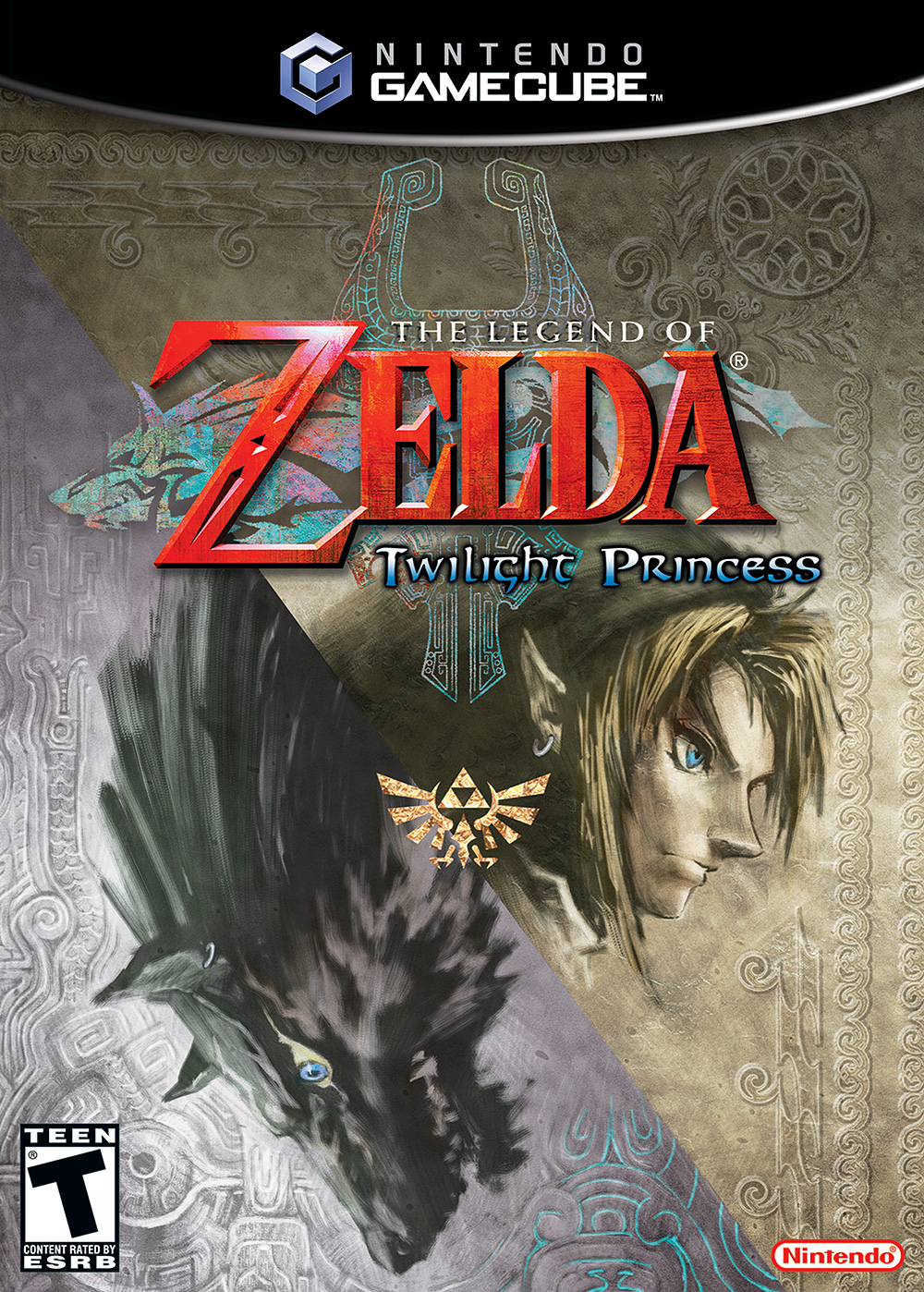 This is the story they used to tell in the lands of Ordon.
This is the story they used to tell in the lands of Ordon.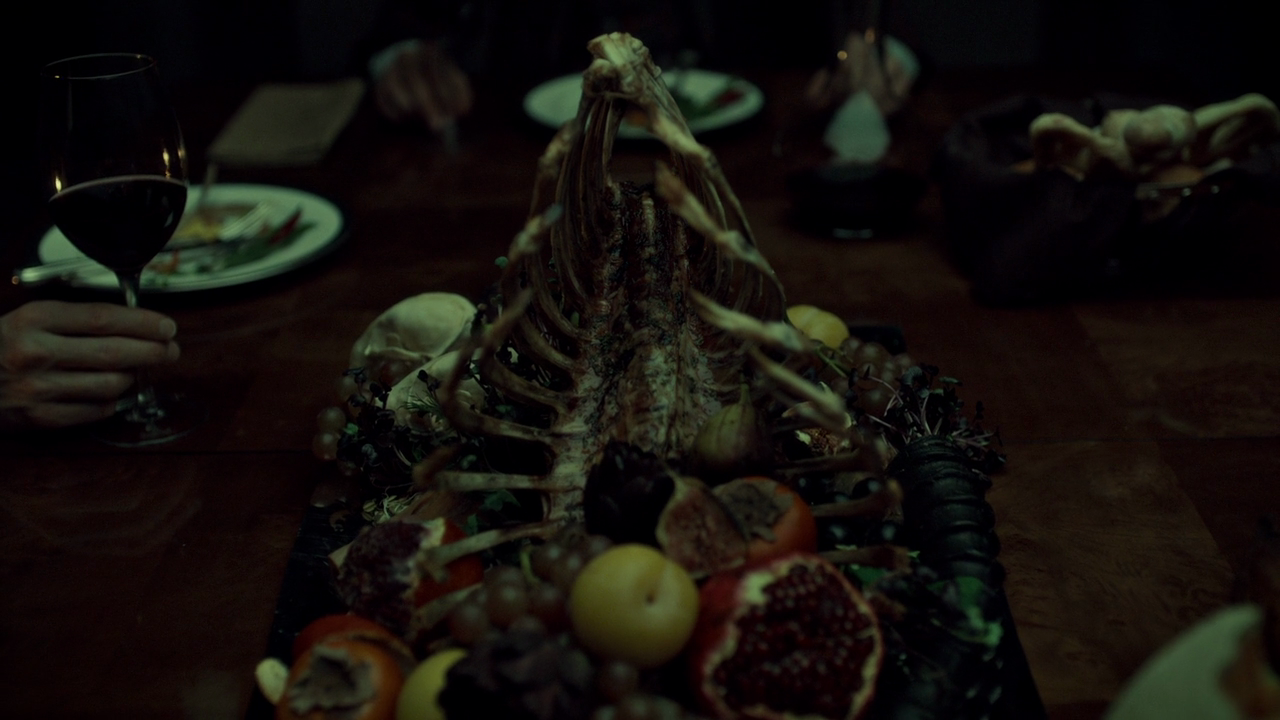 MIZUMONO: Dessert. Unlike savoureux, mizumono is in fact sweet, suggesting that the show has allied itself with Hannibal’s perspective as opposed to Will’s.
MIZUMONO: Dessert. Unlike savoureux, mizumono is in fact sweet, suggesting that the show has allied itself with Hannibal’s perspective as opposed to Will’s.
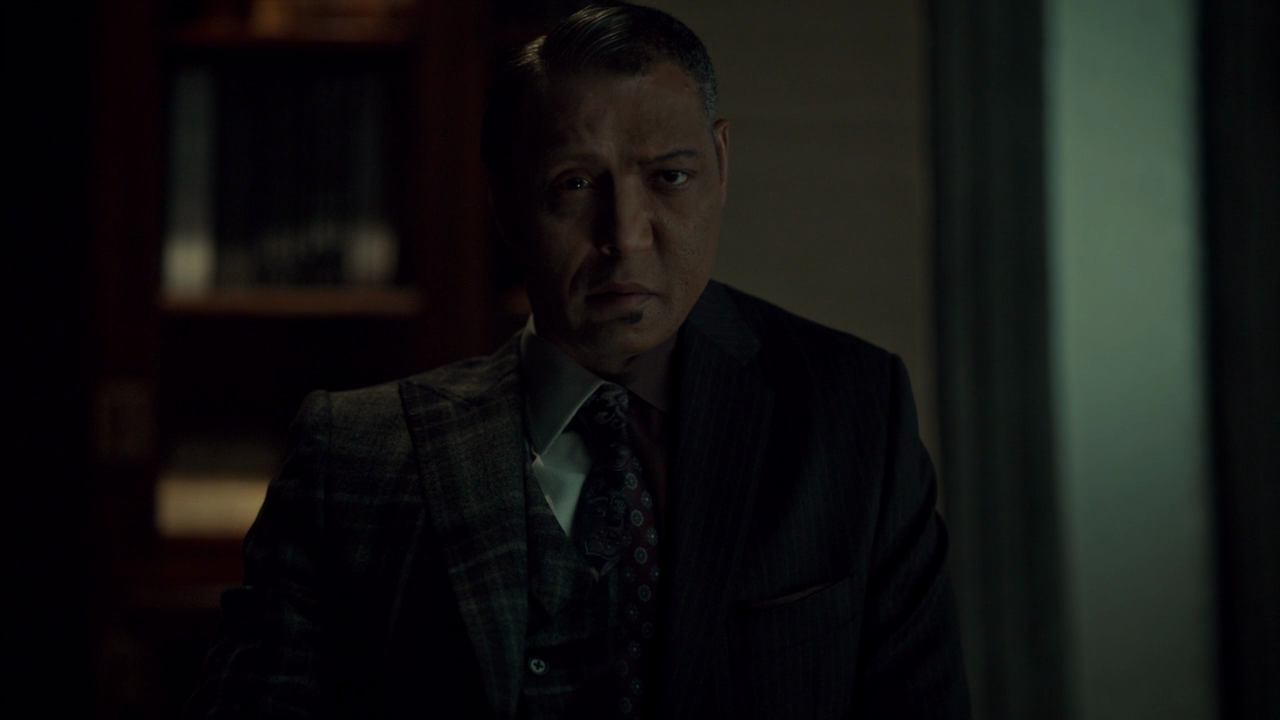
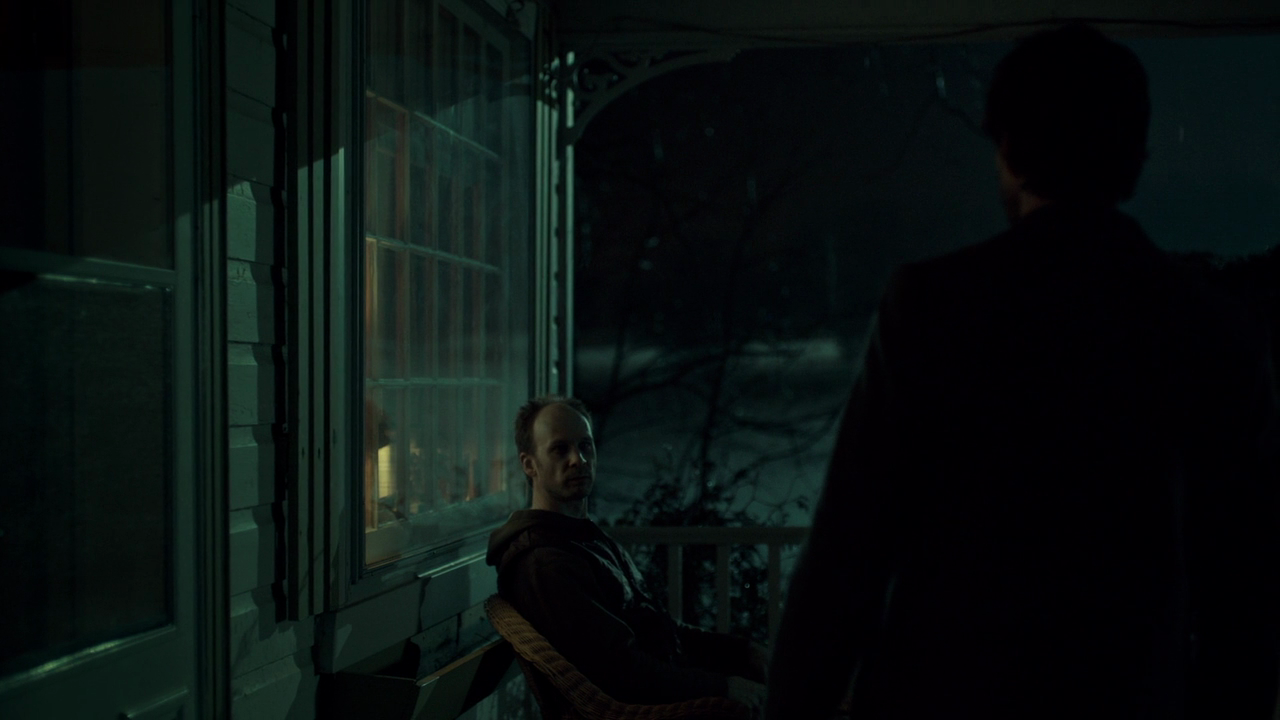
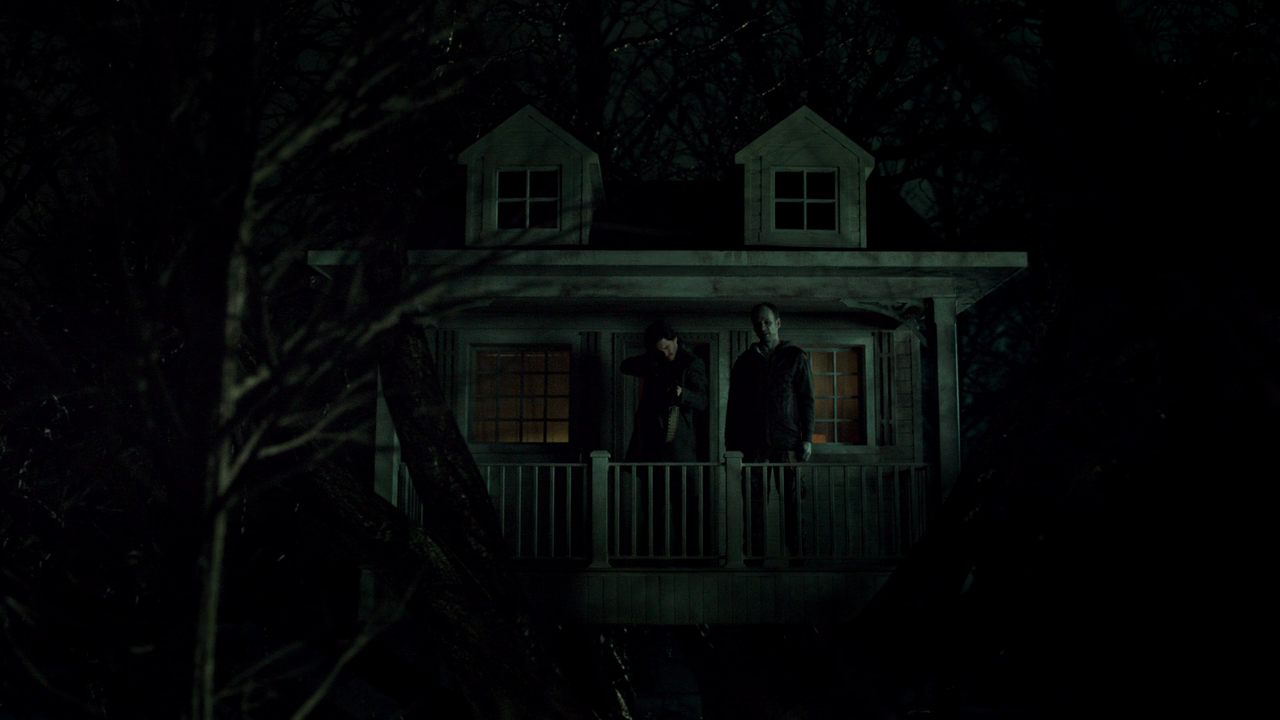
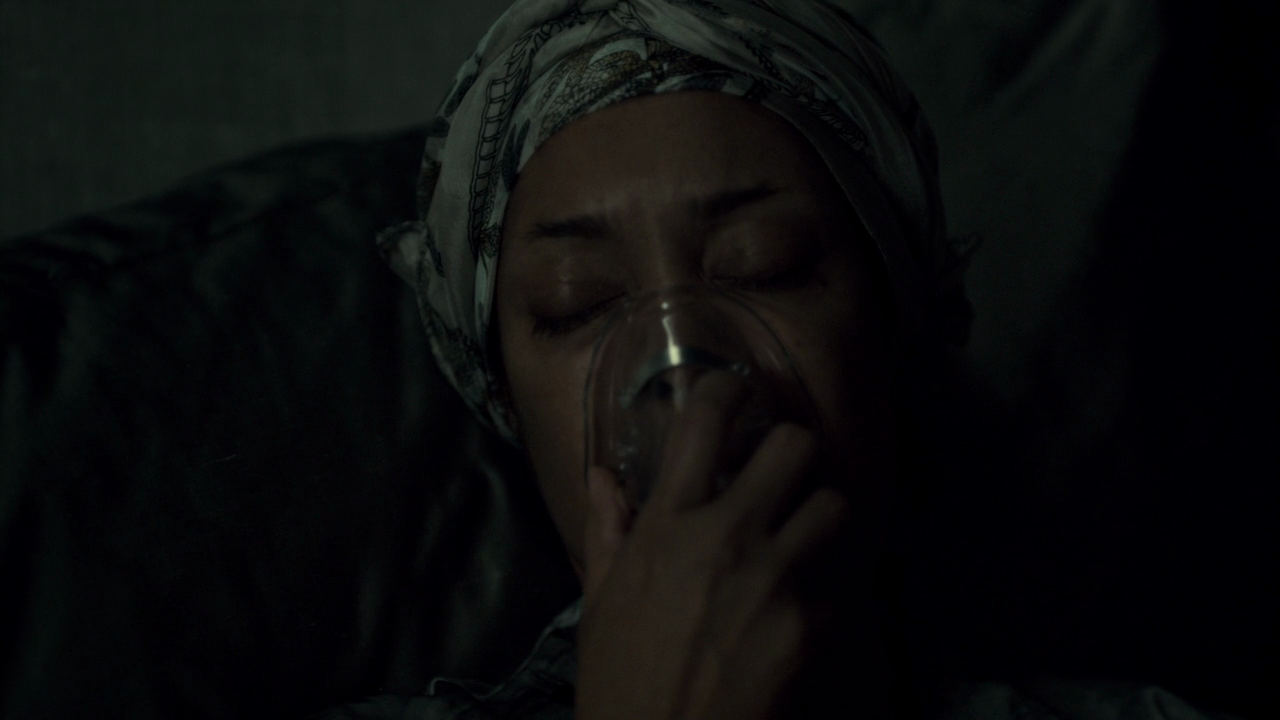
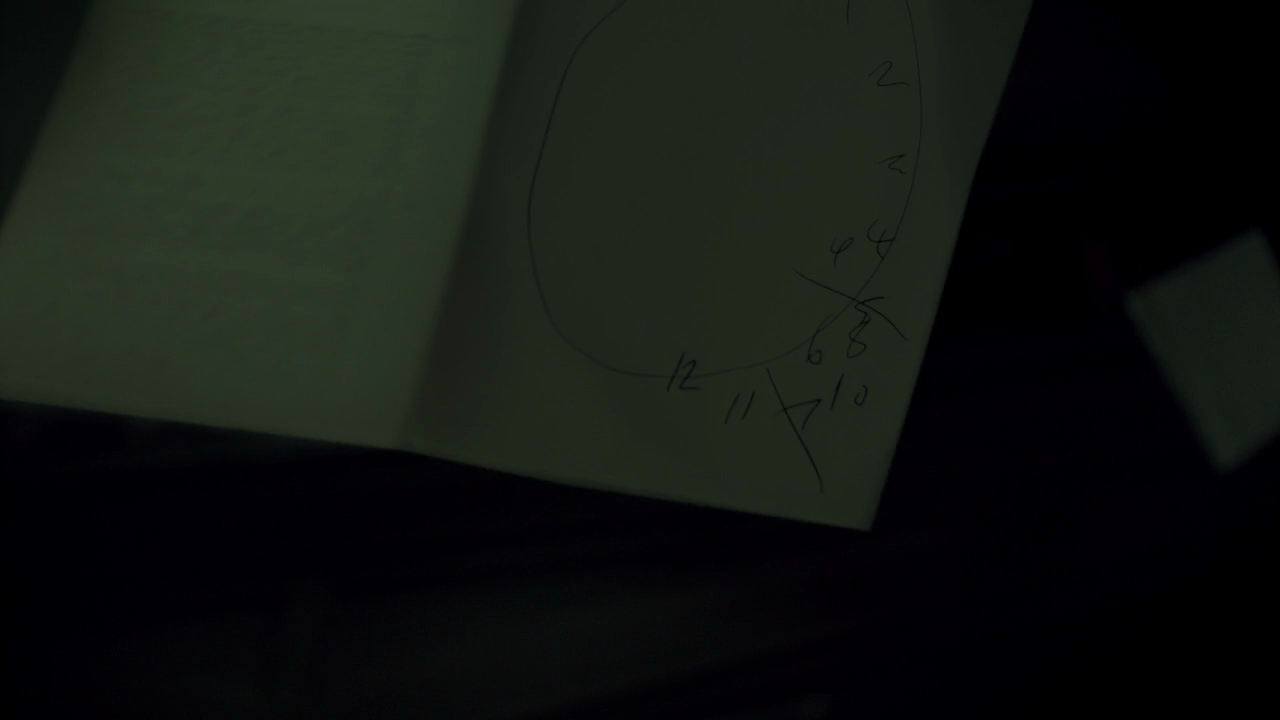
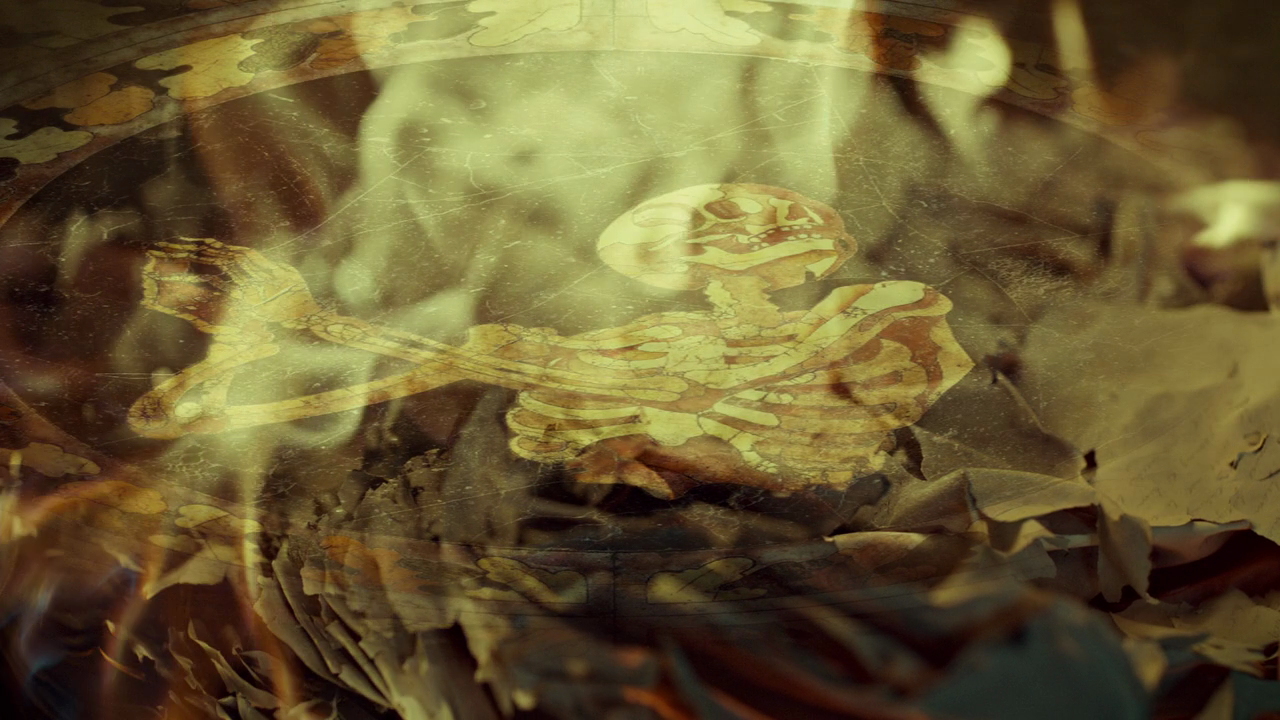
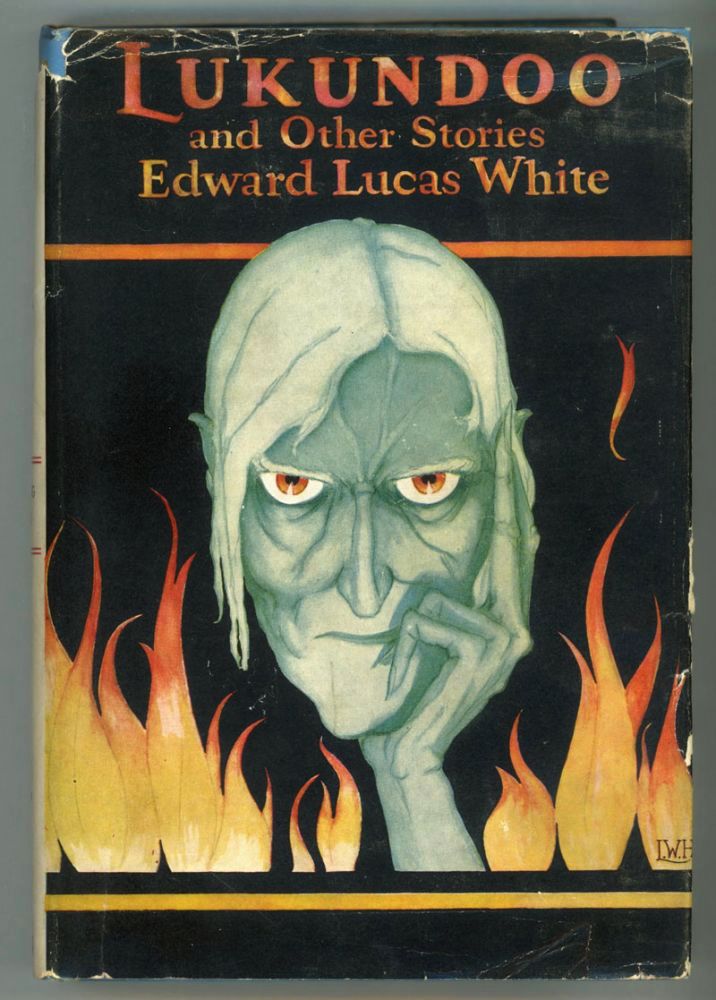 If you’d like to hear me read a Weird tale, click
If you’d like to hear me read a Weird tale, click 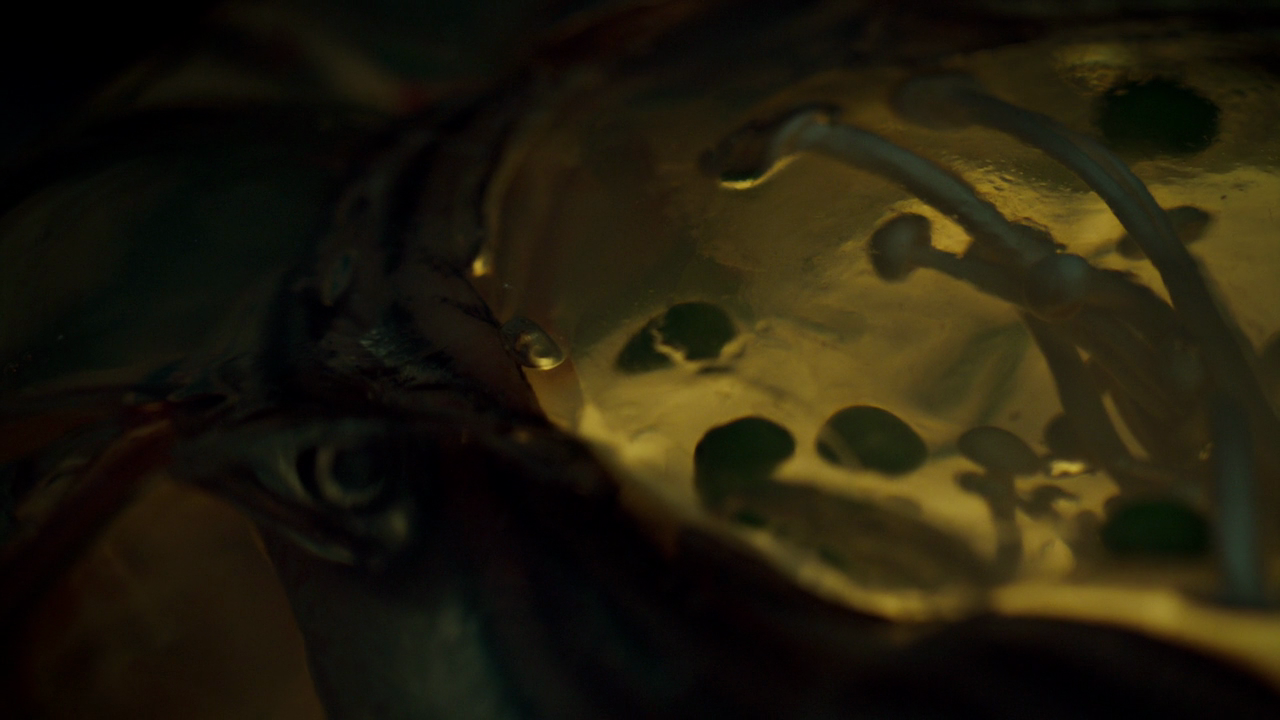 TOME-WAN: A miso or vegetable soup with rice. This signifies nothing more than the approaching end of the meal.
TOME-WAN: A miso or vegetable soup with rice. This signifies nothing more than the approaching end of the meal.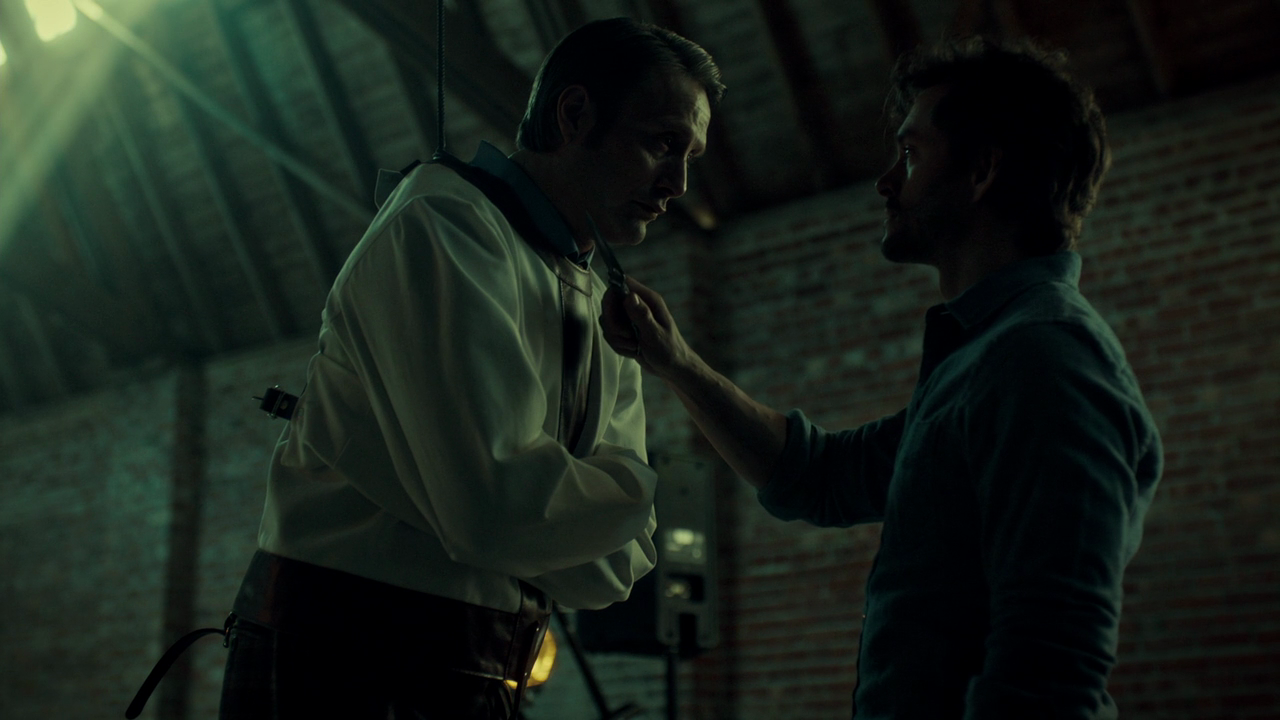

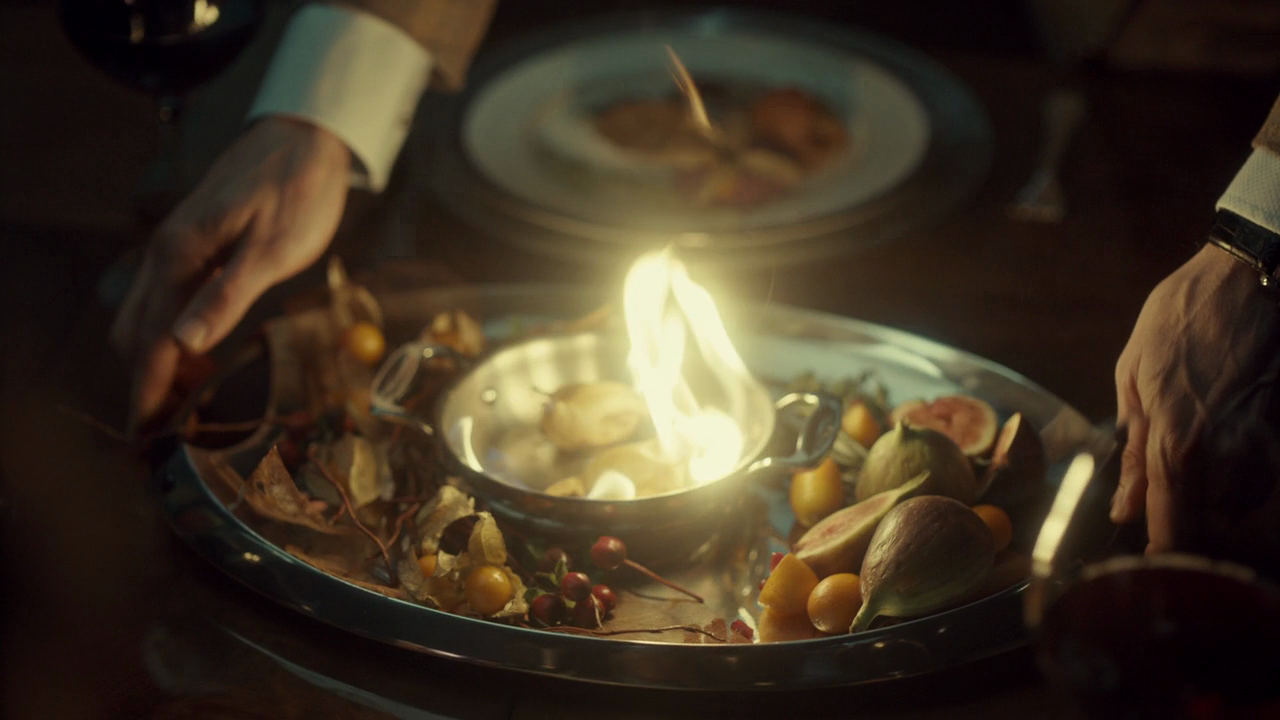 KŌ NO MONO: An assortment of pickled vegetables. Janice Poon suggests that this signals the approaching denouement, and also makes a nice metaphor about the vegetables sharpening the senses, which is what Alanna needs. The reality is that the second season is not so much going off the rails as plummeting down the gorge, watching mournfully as the rails disappear into the sky.
KŌ NO MONO: An assortment of pickled vegetables. Janice Poon suggests that this signals the approaching denouement, and also makes a nice metaphor about the vegetables sharpening the senses, which is what Alanna needs. The reality is that the second season is not so much going off the rails as plummeting down the gorge, watching mournfully as the rails disappear into the sky.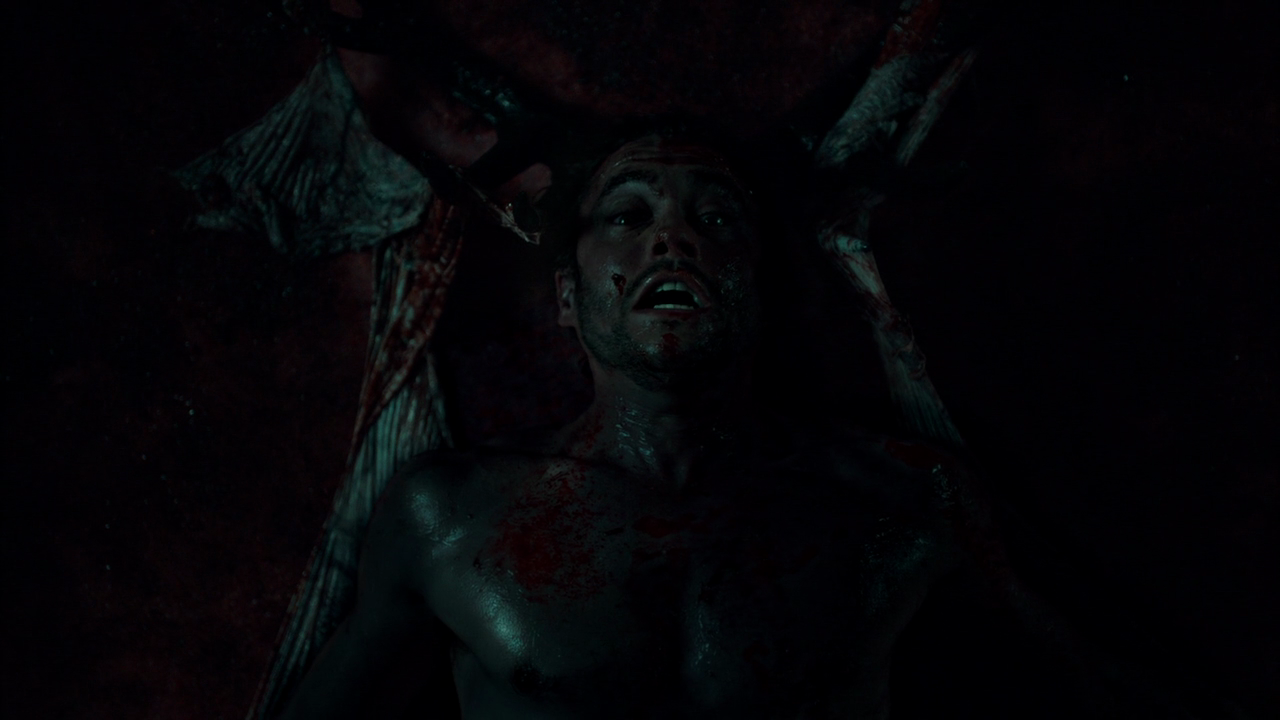
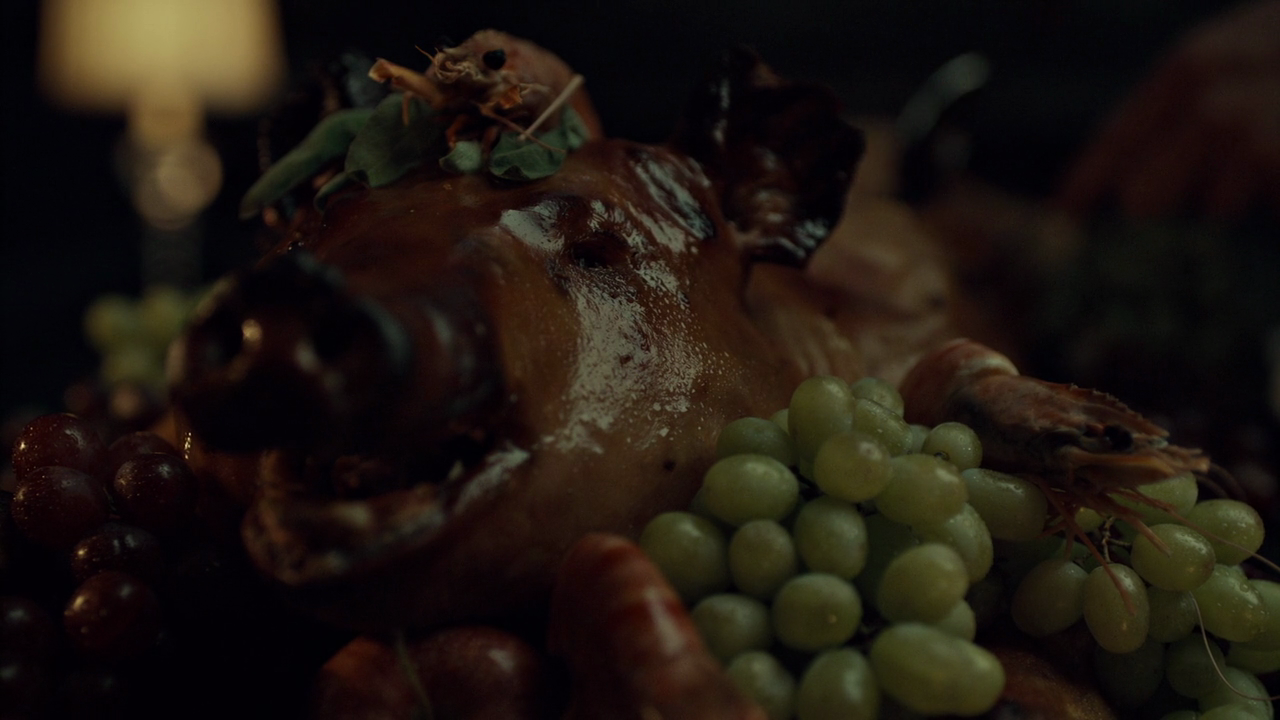 NAKA-CHOKO: A citrusy soup, used as a palate cleanser. Hannibal does suggest that a meat has citrus notes, but that’s a stretch. Not even Janice Poon tries to explain this one.
NAKA-CHOKO: A citrusy soup, used as a palate cleanser. Hannibal does suggest that a meat has citrus notes, but that’s a stretch. Not even Janice Poon tries to explain this one.